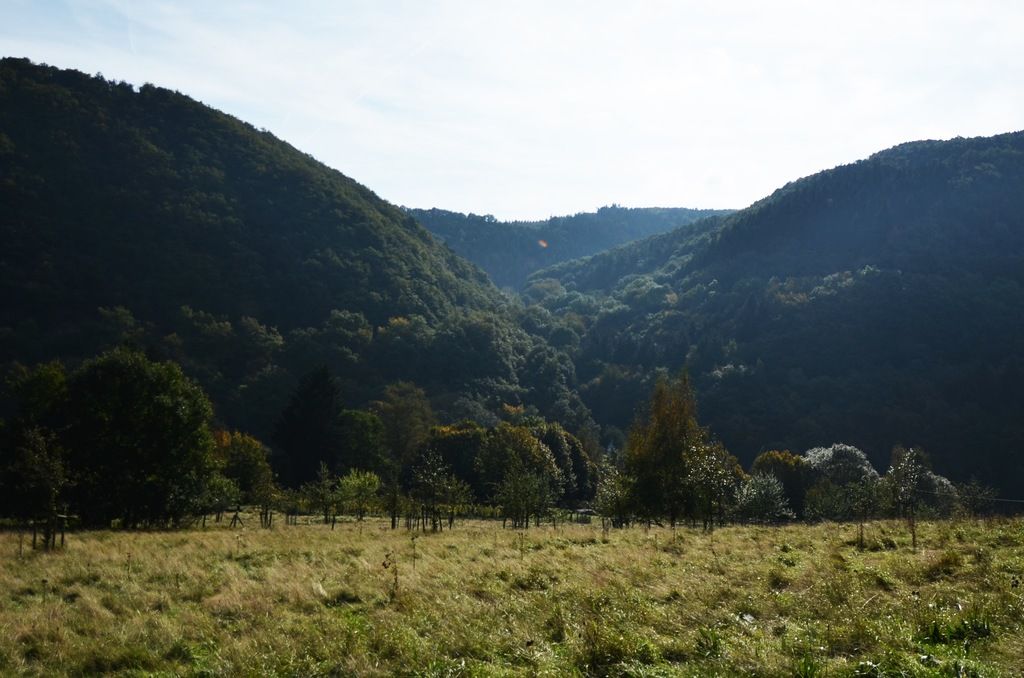residential growth surge proposed by IG BAU
Munster Needs More Affordable Housing: Call for Action from IG BAU
It's time for Munster and North Rhine-Westphalia to reap the benefits of the federal government's planned "Housing Construction Turbo." That's the message from IG BAU Münster-Rheine, who demand a new construction offensive for the city and state. The chairman of the trade union, Detlev Hopp, emphasizes that Munster, in particular, needs more social housing and affordable living spaces to combat the housing shortage [1].
Last year, 1,054 new apartments were built in Munster, including 82 single and two-family houses, at a total cost of around 137.4 million euros. While this may seem impressive, IG BAU sees great potential for more new construction and renovations. As Hopp puts it, "every apartment counts," but there's definitely "room for improvement" [1].
Senior-Friendly Apartments
One of the key areas for improvement is the provision of senior-friendly apartments. With an aging population, this is a crucial issue that needs addressing.
Lower Construction Costs
A major concern for IG BAU is reducing construction costs. Hopp believes that this is key to building more housing. A recent study by the ARGE research institute in Kiel shows that construction costs can be reduced by up to one third. Hopp advocates for deregulation of the construction process to make new buildings more efficient and cheaper [1].
Simple and Efficient Construction
The "Building Type E" approach aims to reduce the strength of ceilings and outer walls, minimize building material use, and reduce CO2 emissions. Hopp also suggests using less expensive products in building technology to further reduce costs. By building fewer high-end products, Hopp believes housing can be made much cheaper [1].
Fewer Parking Spaces and Garages
IG BAU also calls for a reduction in the proportion of parking spaces and underground garages to save construction costs. Hopp criticizes excessive requirements for noise and climate protection, such as the installation of triple-glazed windows, which he considers unnecessary [1].
Quality and Affordability
Hopp advocates for "good and cheap" housing construction. In his view, it's possible to build at a significantly lower cost while maintaining good quality. The state would also benefit from lower construction costs, as they would then have fewer subsidies to provide [1].
The federal and state governments must provide at least 11 billion euros in subsidies each year to build 100,000 social housing units nationwide. At least 4 billion euros per year are required for 60,000 affordable housing units. More information about the housing construction study and the "Building Type E" approach can be found on the website of the Alliance for Housing Construction [1].
Footnotes:
[1] Reference to enrichment data on strategies for reducing construction costs and increasing affordable housing.
Additional Articles:
- IG BAU Warns of Downward Trend
- Too Few Senior Apartments in Munster?
- Munster in Search of Construction Workers
- Enrichment Data: ### Overall:I couldn't find specific information on proposals by IG BAU Münster-Rheine related to reducing construction costs and increasing affordable housing in Münster and North Rhine-Westphalia, including the "Building Type E" approach. However, I can provide some general insights into strategies that organizations like IG BAU might consider for achieving similar goals:
## Strategies for Reducing Construction Costs and Increasing Affordable Housing 1. Standardization and Modular Construction: Implementing standardized building designs and modular construction techniques can significantly reduce costs by minimizing waste and optimizing production processes.
- Efficient Use of Resources: Encouraging the use of sustainable materials and energy-efficient designs can help reduce long-term costs while contributing to environmental sustainability.
- Innovative Financing Models: Exploring alternative financing models, such as cooperative ownership or community land trusts, can make housing more affordable by reducing the financial burden on individual buyers.
- Streamlined Permitting Processes: Advocating for streamlined regulatory processes can help speed up construction timelines, reducing overhead costs associated with lengthy project delays.
- Community Engagement and Public-Private Partnerships: Engaging with local communities and forming public-private partnerships can help identify and address specific housing needs more effectively.
- Building Type E Approach: If "Building Type E" refers to a specific architectural or design approach, it might involve optimizing building layouts for efficiency, reducing material usage through clever design, or incorporating green building technologies to enhance livability while controlling costs.
If "Building Type E" is a specific proposal from IG BAU Münster-Rheine, it would be best to contact them directly for detailed information on their initiatives.
## Additional Considerations - Policy Advocacy: Advocating for policy changes at the local or state level can help create a more favorable environment for affordable housing projects. - Research and Development: Encouraging research into new construction technologies and materials can lead to cost-effective solutions for future projects.
For precise details about IG BAU Münster-Rheine's proposals, including the "Building Type E" approach, checking their official publications or contacting them directly would be advisable.
- The chairman of IG BAU, Detlev Hopp, advocates for policy changes that would deregulate the construction process, potentially allowing for a more efficient and cost-effective approach to building affordable housing in Munster.
- In line with the "Building Type E" approach, Hopp suggests reducing the strength of ceilings and outer walls, minimizing building material usage, and employing less expensive products in building technology, all aimed at reducing costs while maintaining good quality.
- The federal and state governments are called upon by IG BAU to explore innovative financing models, such as cooperative ownership or community land trusts, to make social and affordable housing more accessible and less burdensome for individual buyers.






